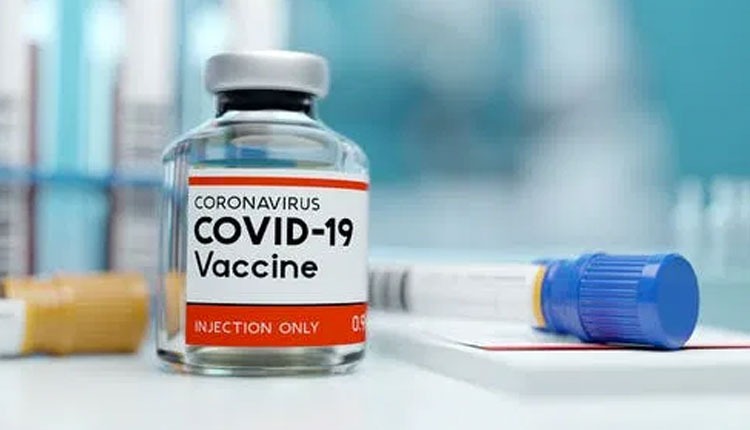Winter is thought to be fun, however, for certain people, it can turn into a nightmare. These colder days can give many of us a tough time and the winter season is not only tough on your body, but also on your heart.
The risk of heart attacks rises considerably during the cold weather as a sudden drop in temperature can take a toll on your heart.
Hospitals are seeing an increase of at least 50 per cent compared to last winter–
Medanta Hospital in Gurugram said that there has been a 50% spike in patients with heart problems since the beginning of December. Aakash Healthcare in Delhi said that since November, it has received an average of 500 patients, which was about 300 patients in previous years during the winters. Indraprastha Apollo Hospital has also experienced a rise in heart attacks and angina in the past 3 weeks.
Doctors said that exceptionally low temperatures and post-COVID complications are key contributors to the reported increase in heart attacks among the public.
In winter the body loses heat faster and the heart has to work more to maintain a healthy body temperature. If the temperature drops dangerously low it may cause damage to the heart.
Dr Amit Kumar Chaurasia, Sr. Consultant and Chief TAVR and Structural Heart Disease Program, Cardiology, Artemis Hospitals explained “Cold temperatures restrict vessels in the blood that raise the blood pressure causing a heart attack or stroke. In addition, Covid-19 also plays a crucial role as it affects the circulatory system of the body. You are at an elevated risk of getting a heart attack or stroke if you catch the virus. COVID makes the blood thicker and thus blocks the arteries.”
Dr Kumar cautioned that persons suffering from heart attacks and who have recovered from COVID-19 in the last few months must be careful and take special care to avoid fatal heart problems in winter. Therefore, any signs of heart disease should be monitored particularly. No pain in the throat or sudden breathing difficulties should be ignored. If such symptoms arise, you should seek medical attention.
Here’s a plan on those cold days to keep your heart in top shape-
- Eat well: Select fresh fruits and vegetables, seeds, nuts, legumes and pulses. Drink a hot soup or eat hot meals. Say no to processed, junk, and fatty food. Cut the saturated fats down to maintain optimal weight.
- Keep warm during those colder days: if you have any issues with your heart, you can exercise in cold weather. Try taking regular breaks and keep wet. Wear woollen clothing, caps and gloves. Beware of signs of a heart attack such as chest pain, nausea, and even somnolence. Don’t do any exercises to pressurize the heart.
- Track your blood pressure on a regular basis: If you are one of those with a high blood pressure problem, it is important that you keep an eye on your numbers since this will minimize your risk of a heart attack.











